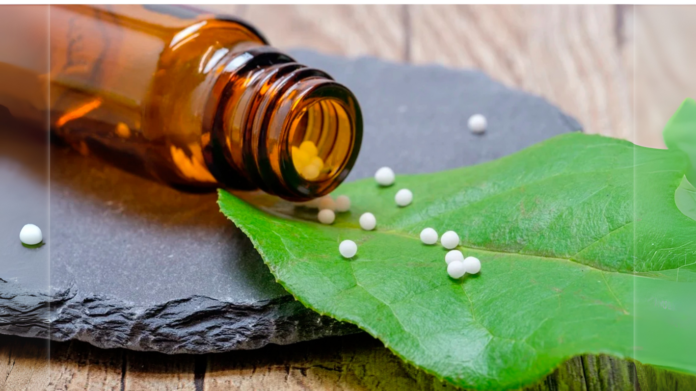Once dismissed as merely “sugar pills,” homeopathy is quietly reasserting its place in modern healthcare, particularly in the treatment of chronic conditions such as autoimmune disorders, skin allergies, migraines, and mental health challenges. As India celebrates World Homeopathy Day 2025, experts are calling for a balanced understanding of this alternative medicine—one that recognizes both its potential benefits and its limitations.
In an exclusive interview with ETV Bharat’s Surabhi Gupta, Dr. Subhash Kaushik, Director General of CCRH, explains,
“Homeopathy is what I call the sweet pill. If patients experience relief—even if it’s simply from alleviating the symptoms—it means we are effectively treating the disease. In an era where conventional medicines often come with a host of side effects, achieving relief with these sweet pills is something to be celebrated.”
Homeopathy: Beyond the Placebo Debate
Despite persistent skepticism, respected practitioners like Dr. Kaushik emphasize that when administered by qualified experts, homeopathy does more than just provide a placebo effect. Under proper supervision, homeopathic treatments have shown promise in:
-
Tackling chronic ailments: Helping patients with conditions that are notoriously difficult to manage using standard therapies.
-
Mitigating side effects: Offering relief without the severe side effects that sometimes accompany allopathic medications.
-
Supporting integrative healthcare: Serving as a complementary approach alongside conventional treatments, particularly when those treatments alone fall short.
The apex organization for homeopathy in India, CCRH, is at the forefront of bridging the gap between traditional practices and modern science. Under the Ministry of AYUSH, CCRH collaborates with numerous reputed universities across India. Ongoing research in areas such as drug standardization, nanoparticle analysis, and agro-homeopathy is beginning to shed light on the underlying mechanisms that could explain how homeopathic medicines work through pathways involving cellular signaling and biochemistry.
Integrating Homeopathy with Mainstream Medicine
A rising trend in healthcare is integration rather than competition. During the initial wave of the COVID-19 pandemic, for example, some hospitals—including renowned institutions like AIIMS—incorporated homeopathic medicines into their treatment protocols for moderate cases. According to Dr. Kaushik, patients in these integrative setups demonstrated better recovery rates, lower dependency on antibiotics, and fewer adverse effects.
“The idea isn’t to replace conventional medicine but to complement it. By adding homeopathy to existing treatments, we can enhance overall patient outcomes,”
he adds. Randomized Controlled Trials (RCTs) have further revealed that patients receiving homeopathic treatments alongside standard care tend to recover faster and with less medication-related toxicity.
The Risks of Self-Medication

However, there is a cautionary note. One of the most common misconceptions is that homeopathy is completely free of side effects. Dr. Kaushik stresses that self-medication can be dangerous. Without professional guidance, patients may misuse homeopathic remedies, leading to potential side effects or delayed treatment of more serious conditions. Overuse, even of these gentle formulations, can upset the delicate balance the body needs to maintain health.
Expanding Horizons: Agro and Veterinary Homeopathy
Homeopathy’s influence is no longer limited to human healthcare. Fast-emerging fields like agro-homeopathy and veterinary homeopathy are gaining traction. These innovative applications aim to reduce antibiotic use in livestock and improve crop quality, thereby contributing to the broader fight against antimicrobial resistance.
World Homeopathy Day 2025: Looking Ahead
This year’s celebrations at Mahatma Mandir in Gandhinagar, Gujarat, promise to be a platform for robust dialogue and rigorous research. With over 8,500 delegates—from practitioners and researchers to policy makers—expected to share their findings and experiences, the event highlights how homeopathy is evolving from a fringe practice to a valuable component of integrative healthcare.
As lifestyle-related ailments and chronic conditions continue to challenge modern medicine, the renewed interest in homeopathy offers a thought-provoking complement to traditional treatment methods. Whether it’s the promise of fewer side effects, the allure of a holistic approach, or the emerging scientific evidence behind these sweet pills, homeopathy is prompting both patients and practitioners to reconsider its role in contemporary healthcare.








